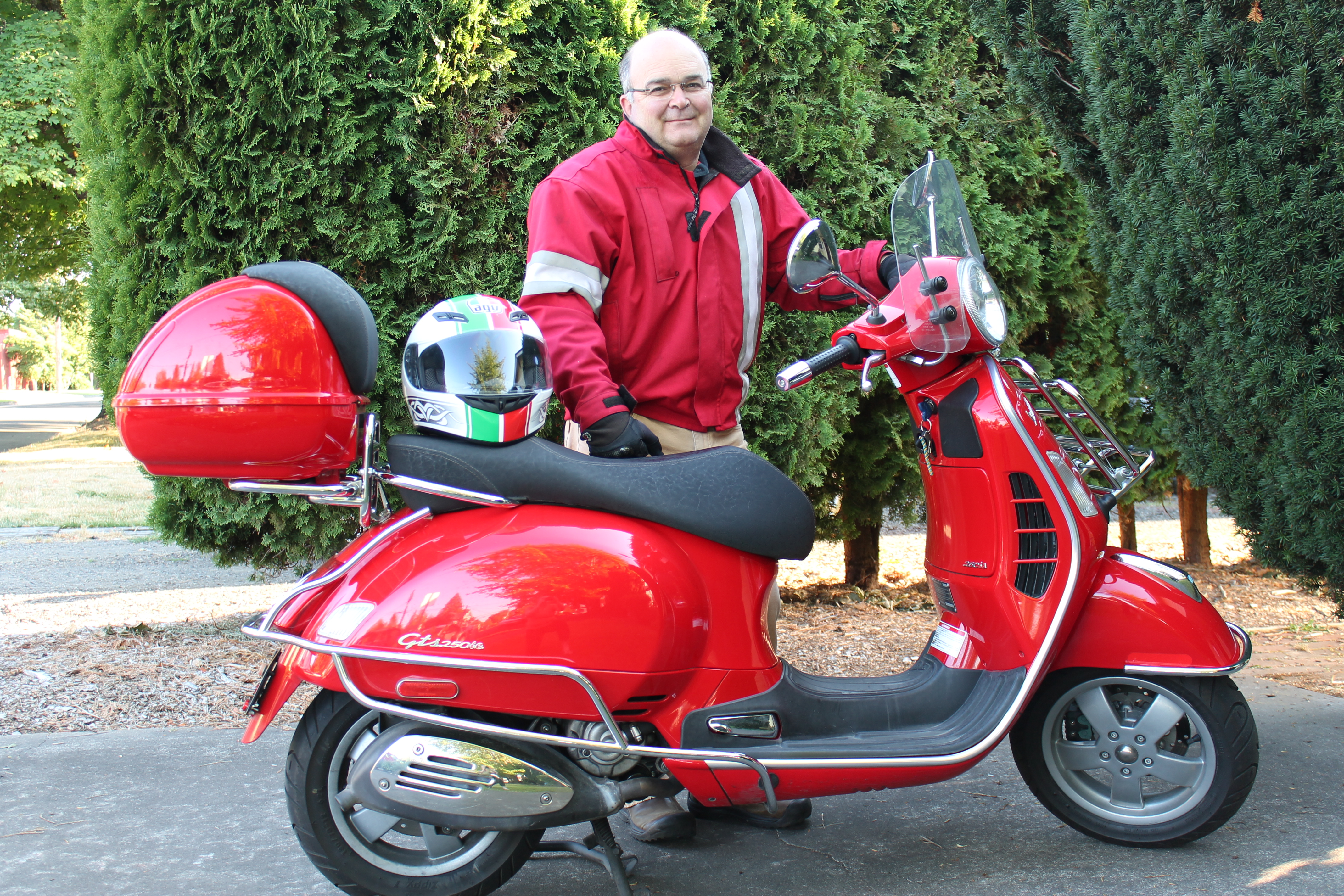Problem Statement
Serious games were developed to test environmental regulations and natural resources crises in the 1970s. Serious water games were developed nearly 40 years ago by Harvard University's Program on Negotiation. Serious water games come in many forms, ranging from role plays, board games, computer-assisted board games, online games, and escape room games. Serious games are typically interactive and provide realistic virtual environments in which players attempt to simultaneously “juggle” growing food, growing cities, sustain the environment, and make a profit. Serious gaming, or games with a purpose beyond pure entertainment, can bring back the fun and recruit others to join in developing, protecting, and managing water resources.
Module Overview
This module will provide the learner with learning activities and tools needed to use and design Serious Games for specific geographic settings and hydrologic scenarios that integrates the nexus between formal science, popular science, and political science that water professionals may encounter in their day-to-day business through simulations, board games, and to have fun with family and friends.
Topics Covered
- Definition of Serious Games;
- Applications and uses of serious games;
- Types of serious games used in water;
- Modification of existing games to specific concerns;
- Designing a new game for a current problem such as drying lakes;
- Where to buy game pieces; and
- Communities of Practice for testing games.
Prerequisites
A desire to share the fun of working in water resources.
Learning Objectives
At the end of this module, learners will be able to:
- Illustrate various types of serious games in water;
- Through play and analyzing case studies, the learner will be able to appraise the soft skills used in the water business and produce a story map of a hydrologic situation as the foundation of developing a serious game; and
- The learner will demonstrate the application of serious gaming by creating a serious game in a specifc geographic setting and hydrologic situation.
This will be accomplished through activities within each section.
Suggested Implementation
If this module is used in a classroom setting, providing the game rules to the learners ahead of the scheduled meeting time will permit more time dedicated to playing a game by preparing the learners for the hydrologic situation addressed in the serious game.
Course Authors
Todd Jarvis
Todd has over 35 years of experience in the groundwater engineering industry. He works at the Institute for Water and Watersheds at Oregon State University in Corvallis, Oregon, one of the 54 Water Resources Research Institutes distributed across the United States and US territories. Todd has professional licenses as an Oregon-Certified Engineering Geologist and Oregon-Certified Water Right Examiner. He is also a professional mediator with 20 years of experience in dispute prevention and conflict resolution for groundwater, aquifers, and water well construction, and is an instructor in Environmental Conflict Resolution at the University of Oregon Law School.
todd.jarvis@oregonstate.edu
Wasim Hassan
Wasim is a postdoctoral research fellow in civil, construction, and environmental engineering at Marquette University. He received his Ph.D. in Electrical Engineering from Lahore University of Management Sciences (LUMS), Pakistan. His research focuses on understanding and modeling the nexus between water governance and society within the context of coupled human-water systems, aiming to develop sustainable solutions for water management and policy interventions.
wasim.hassan@marquette.edu
Target Audience
Anyone interested in applying games to their professional work in water resources
Expected Effort
The module developers estimate that this module will take between 12 to 15 hours to complete.
Course Sharing and Adaptation
This course is available for export by clicking the "Export Link" at the top right of this page. You will need a HydroLearn instructor studio account to do this. You will first need to sign up for a hydrolearn.org account, then you should register as an instructor by clicking 'studio.hydrolearn' and requesting course creation permissions.
Recommended Citation
Jarvis, T. and W. Hassan (2024). Serious Gaming in Water. CIROH. https://edx.hydrolearn.org/courses/course-v1:MU_OSU_UO+CRES401_501+2024_T1/about
Review
Submitted: 9/25/2024
Approved: 2/19/2025
Acknowledgement
This project received funding under award NA22NWS4320003 from NOAA Cooperative Institute Program and a USGS Section 104(b) grant associated with the Water Resources Research Act awarded to Oregon State University. The statements, findings, conclusions, and recommendations are those of the author(s) and do not necessarily reflect the views of NOAA or the USGS.



